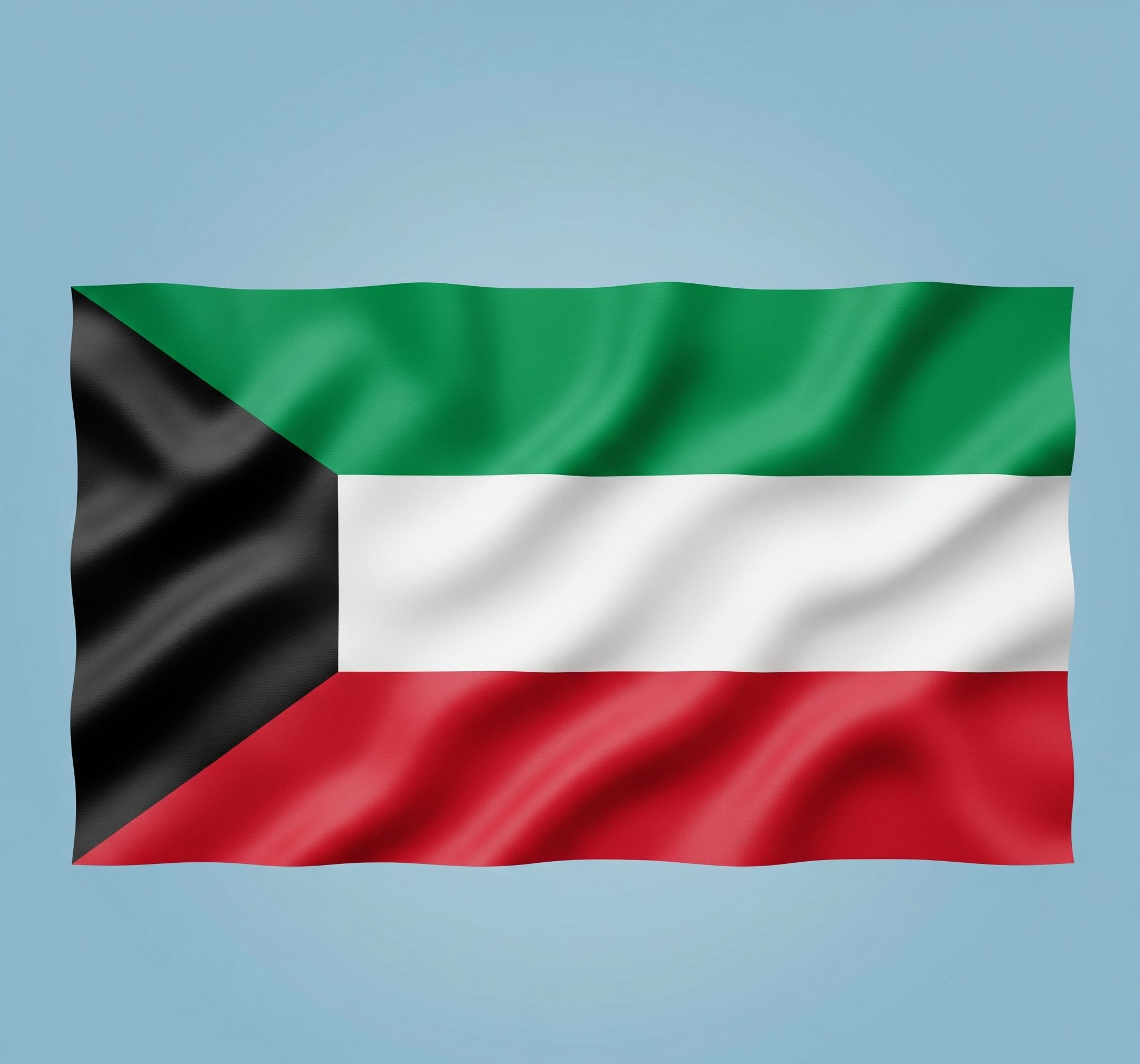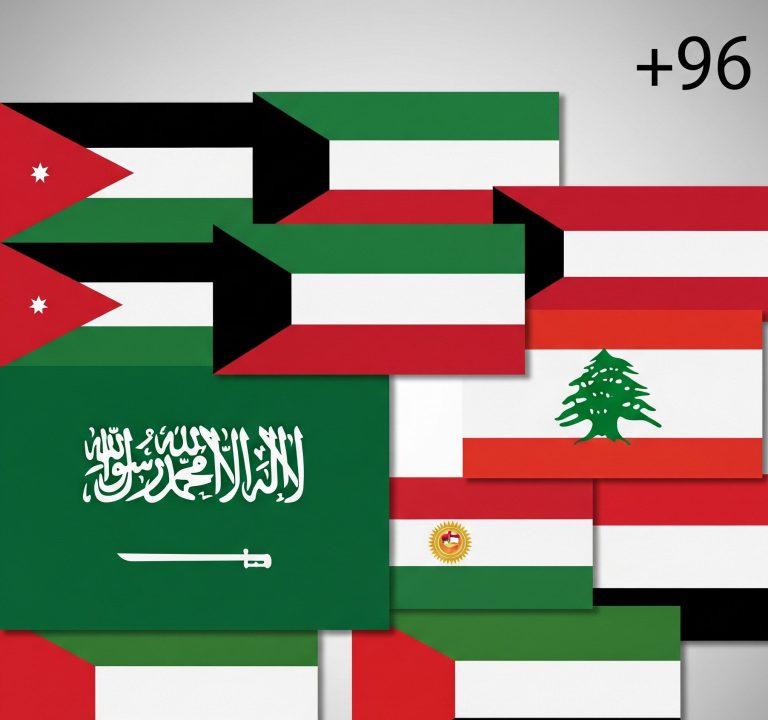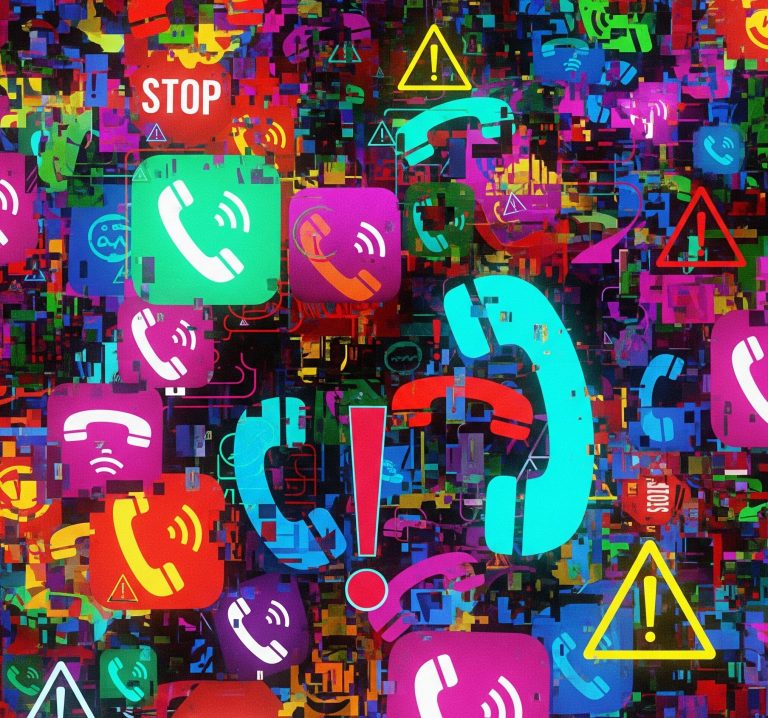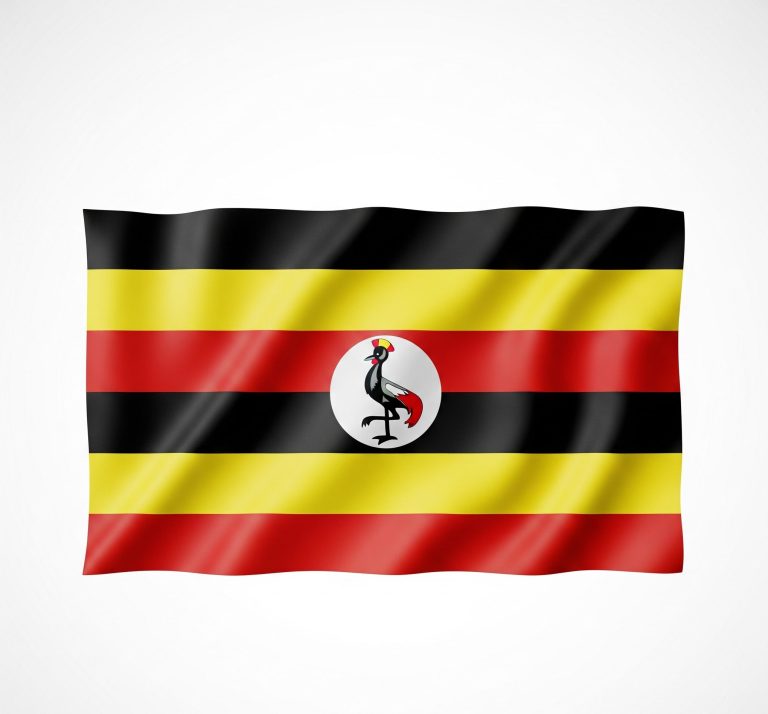For Americans looking to connect with individuals, businesses, or government entities in the Middle East, understanding international dialing codes is essential. One such code, the 965 country code, serves as the gateway to the vibrant nation of Kuwait. This article will provide a comprehensive overview for an American audience, covering everything from dialing procedures to cultural considerations and the significance of this connection.
Contents
What Does the 965 Country Code Represent?
The 965 country code is the international dialing prefix specifically allocated to Kuwait. Located at the northeastern edge of the Arabian Peninsula, Kuwait is a small, oil-rich country with a significant global presence. When you see a phone number beginning with +965, you know you’re looking at a number based in Kuwait.
How to Dial Kuwait from the U.S.
Making an international call can sometimes seem complicated, but with a few simple steps, connecting to Kuwait is straightforward.
Step-by-Step Dialing Instructions:
- Dial the U.S. Exit Code: The standard exit code for making international calls from the United States is 011. This tells your phone carrier you’re initiating an overseas call.
- Enter the 965 Country Code: After the exit code, you’ll dial 965, which is Kuwait’s unique country code.
- Dial the Local Number: Unlike some countries that use area codes within their national numbering plan, Kuwait generally does not have distinct area codes for cities. Instead, you’ll dial the local phone number directly after the 965 country code. These local numbers typically range from 6 to 8 digits.
Example: To call a hypothetical local number 1234 5678 in Kuwait from the U.S., you would dial: 011-965-12345678.
Considerations for Calling:
- Time Difference: Kuwait operates on Arabia Standard Time (AST), which is UTC+3. This means Kuwait is typically 7 hours ahead of Eastern Standard Time (EST) in the U.S. Always consider the time difference to avoid calling at inconvenient hours.
- Cost: International calls can incur higher charges. It’s advisable to check with your phone service provider about their international calling rates to Kuwait or consider using international calling apps or services that offer competitive rates.
- Mobile vs. Landline: The dialing procedure remains largely the same whether you’re calling a mobile or landline number in Kuwait.

A Glimpse into Kuwaiti Culture for American Visitors
For those considering travel or extended stays in Kuwait, understanding local customs and etiquette is paramount for a respectful and rewarding experience. Kuwait is a predominantly Muslim country with a deeply rooted cultural heritage.
Key Cultural Insights:
- Modesty in Dress: Both men and women are encouraged to dress modestly in public. For women, this typically means covering shoulders, arms, and legs. Men should avoid shorts and sleeveless tops in most public settings. While not mandatory for non-Muslim women, a headscarf (hijab) can be seen as a sign of respect, especially when visiting religious sites.
- Greetings and Social Etiquette: Handshakes are common among men. When greeting women, it’s best to wait for them to extend their hand first; if they do not, a nod with a hand over the heart is a respectful alternative. Titles are valued, so addressing individuals by their title and surname (unless invited otherwise) is a sign of respect. Public displays of affection are generally frowned upon.
- Religious Observances: Islam plays a central role in daily life. Be mindful of the five daily prayer times, as some businesses may briefly close. During the holy month of Ramadan, eating, drinking, or smoking in public during daylight hours is prohibited for both Muslims and non-Muslims as a sign of respect.
- Hospitality: Kuwaitis are renowned for their hospitality. If invited to a home, it’s polite to bring a small gift, such as chocolates or pastries (avoiding alcohol, which is prohibited in Kuwait). Accepting offers of food and drink is customary, as declining can be seen as a rejection of the host.
- Communication Style: While English is widely spoken, learning a few basic Arabic phrases like “Salam Alaikum” (peace be upon you) and “Shukran” (thank you) can enhance interactions. Communication can be direct yet warm, with an emphasis on building personal relationships before discussing business.
- Taboos: Avoid discussing sensitive topics such as politics, religion, or sex openly. Criticizing the Kuwaiti government or the Emir is illegal and should be strictly avoided. Alcohol is illegal, and drug-related offenses carry severe penalties.
U.S.-Kuwait Relations: A Strong Partnership
The relationship between the United States and Kuwait is robust, built on decades of diplomatic ties, economic cooperation, and shared strategic interests. This partnership extends far beyond political boundaries, influencing various sectors and fostering mutual growth.
Economic and Strategic Ties:
- Trade and Investment: The U.S. and Kuwait share significant economic relations. The Kuwait Investment Authority (KIA), one of the world’s oldest sovereign wealth funds, has substantial investments in the U.S. across technology, infrastructure, and real estate. U.S. firms are actively involved in Kuwait’s energy, aviation, defense, and technology sectors. Key U.S. exports to Kuwait include transportation equipment (such as automobiles), petroleum gas, and packaged medicaments.
- Security Cooperation: The U.S. has a longstanding commitment to Kuwait’s security and stability, particularly reinforced after the 1990-91 Iraqi invasion. This cooperation remains a cornerstone of the bilateral relationship, with ongoing efforts to ensure regional peace.
- Educational Exchange: A significant number of Kuwaiti students pursue higher education in the United States, fostering strong people-to-people connections and cultural understanding.
Conclusion
The 965 country code is more than just a sequence of numbers; it represents a direct link to Kuwait, a nation with a rich culture, a dynamic economy, and a strong relationship with the United States. Whether for personal communication, business ventures, or simply gaining a deeper understanding of global connections, knowing how to utilize this vital code and appreciating the cultural context it embodies is invaluable for any American audience.







